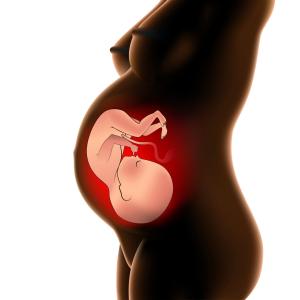News & Updates
Filter by Specialty:

Does maternal anxiety influence pregnancy?
While maternal anxiety does not appear to be associated with adverse perinatal outcomes, it does present a risk for hypertensive disorders of pregnancy (HDP), according to data presented at SMFM 2022.
Does maternal anxiety influence pregnancy?
11 Feb 2022
Does ADHD resolve on its own?
Recent findings by the Multimodal Treatment Study of ADHD (attention deficit hyperactivity disorder; MTA) question the belief that nearly half of the children with ADHD outgrow the disorder when they reach adulthood. In majority of the cases, symptoms come and go between childhood and young adulthood.
Does ADHD resolve on its own?
09 Feb 2022
Interest in self-management app for bipolar disorder plummets among users
The SIMPLe app, an internet-delivered self-management mobile intervention for bipolar disorder (BD), sees high rates of attrition, particularly among young users and patients who had only recently been diagnosed, according to a recent study.
Interest in self-management app for bipolar disorder plummets among users
09 Feb 2022
Pandemic fuels mental distress, gastric problems in IBS patients with anxiety/depression
The COVID-19 pandemic has contributed to self-reported increases in psychological distress and gastrointestinal symptoms among individuals with irritable bowel syndrome (IBS) and comorbid anxiety and/or depression, reveals a study.
Pandemic fuels mental distress, gastric problems in IBS patients with anxiety/depression
08 Feb 2022
Anxiety during pregnancy speeds up genetic ageing in baby boys
Prenatal maternal anxiety is correlated with markers of epigenetic age acceleration in male infants, irrespective of other genetic, socioeconomic, or obstetric risk factors, according to a recent study
Anxiety during pregnancy speeds up genetic ageing in baby boys
07 Feb 2022
Stanford neuromodulation therapy effective against treatment-resistant depression
The Stanford neuromodulation therapy (SNT), a high-dose intermittent theta-burst stimulation (iTBS) protocol with functional-connectivity-guided targeting, demonstrates better efficacy than sham stimulation for treatment-resistant depression, according to the results of a double-blind, randomized controlled trial.



